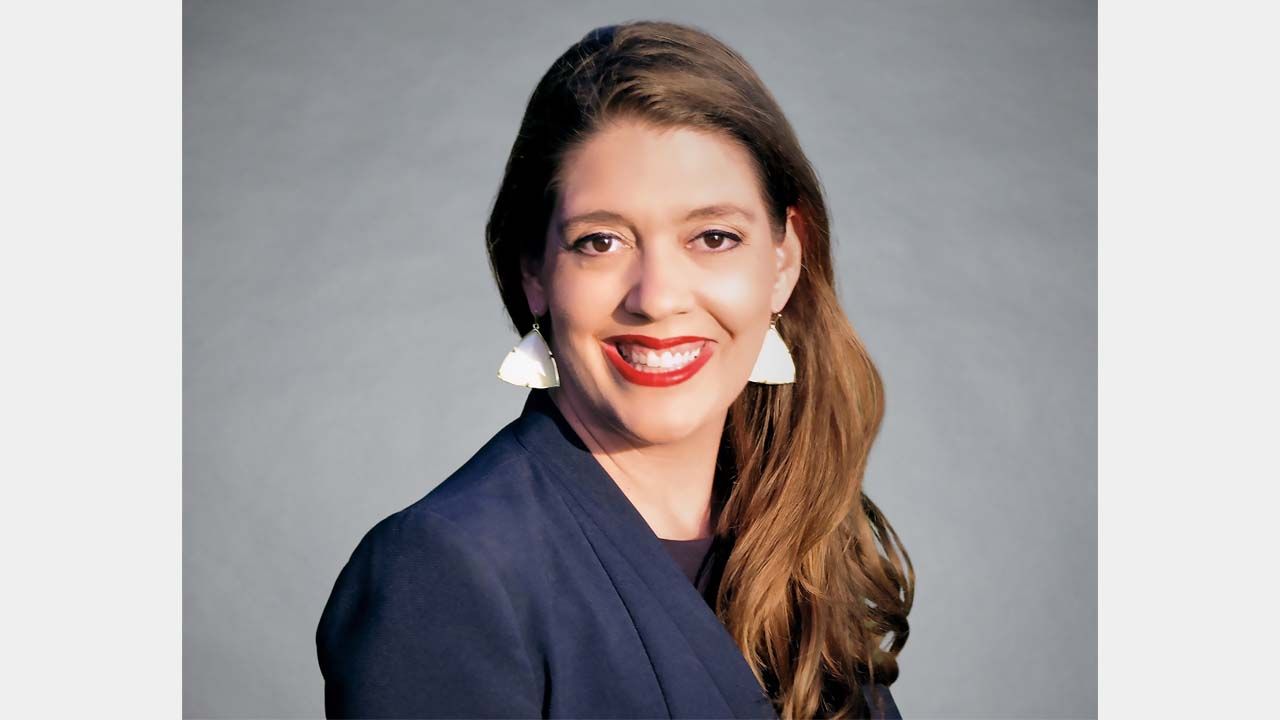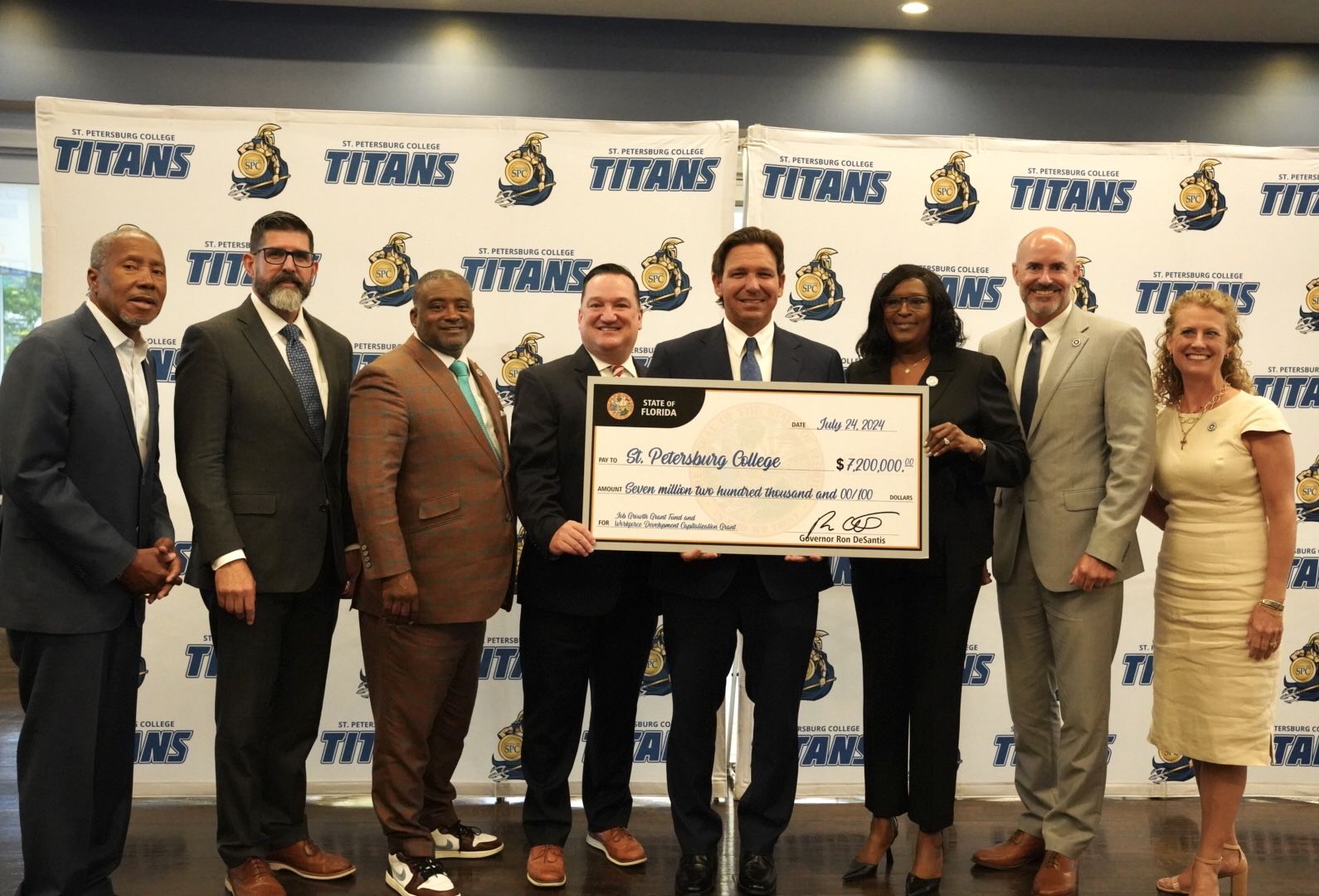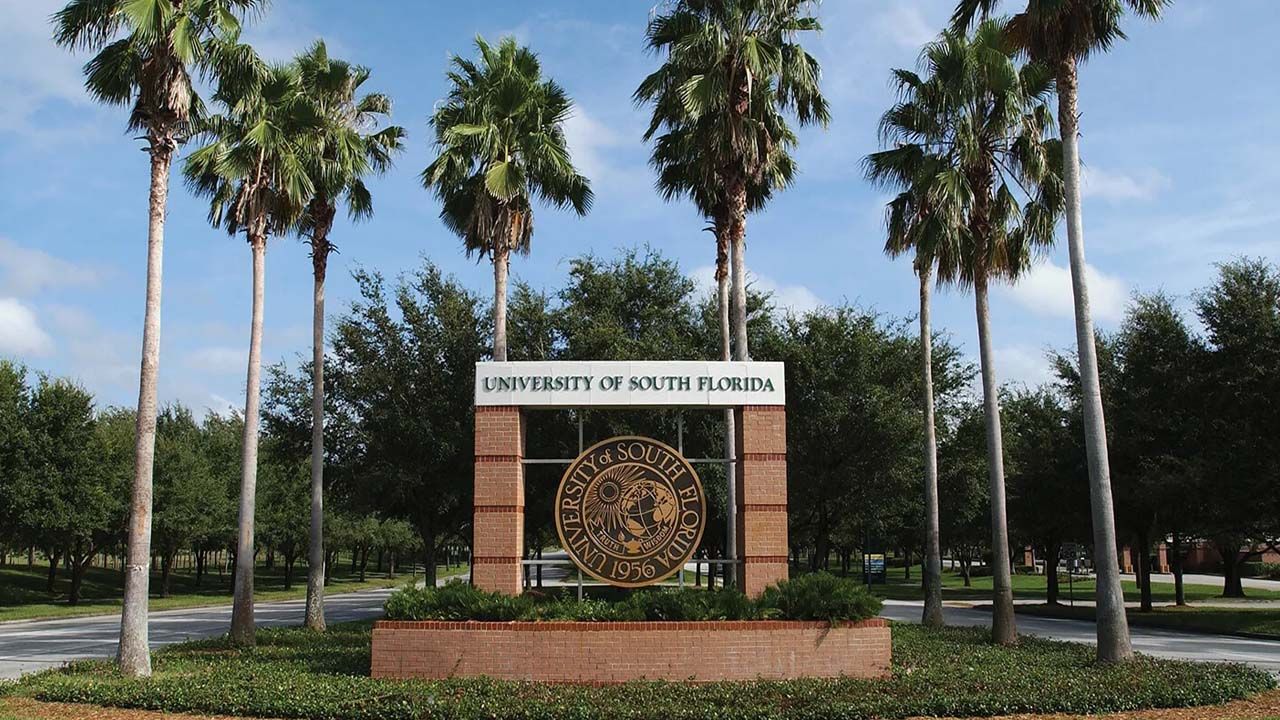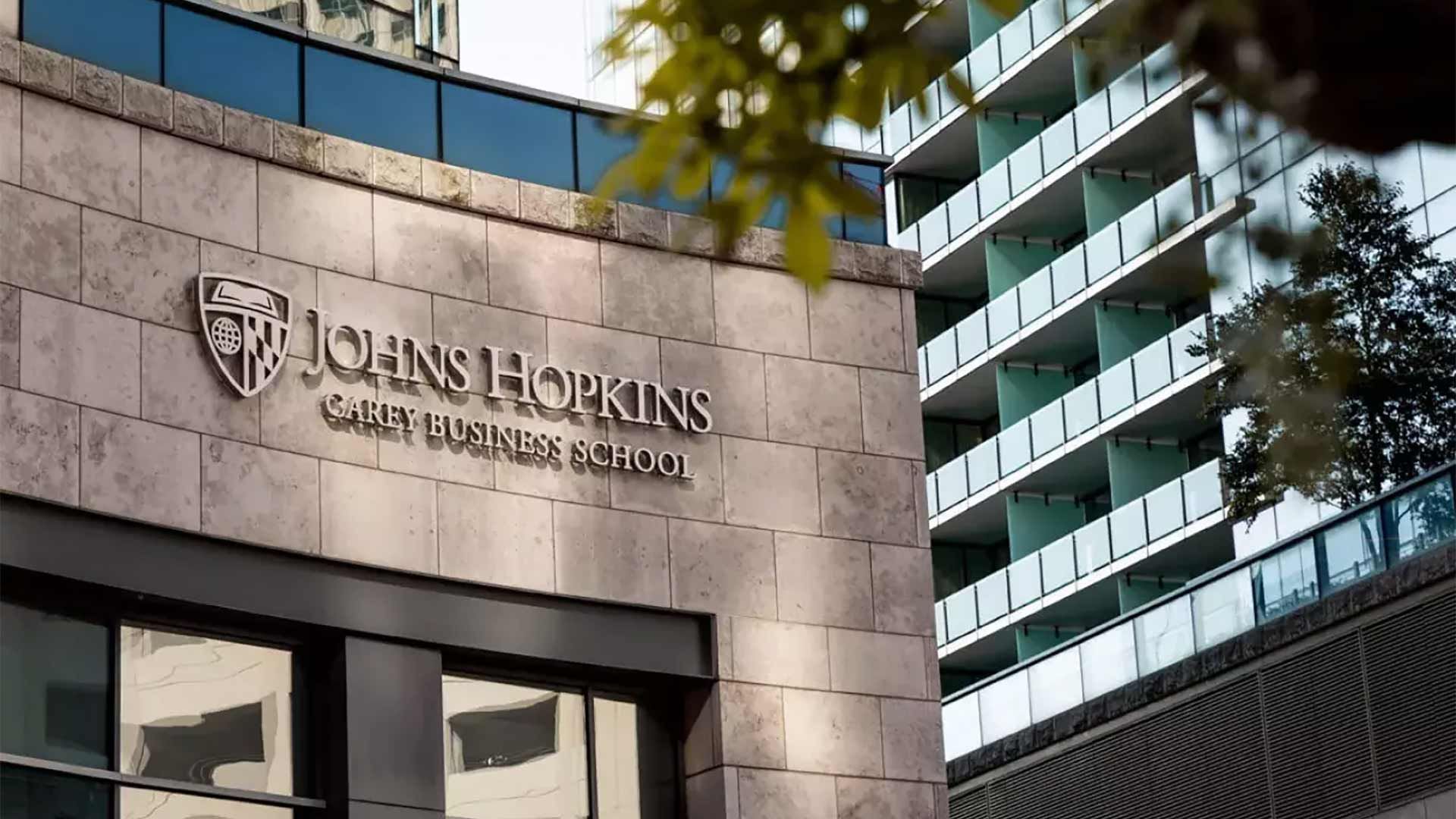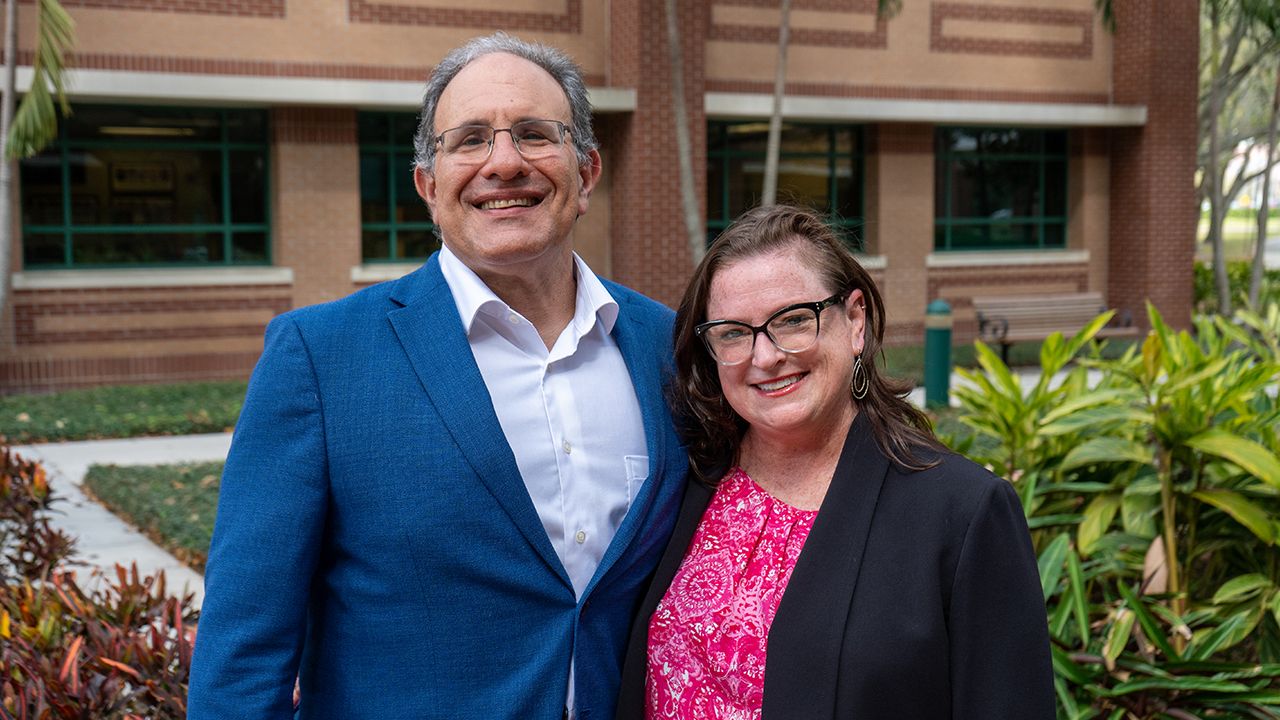Back in late 2020, when Jennifer Webb was approached by a friend about a potential leadership role for a new initiative, she had no idea that she stood at an intersection of fate.
Rick Homans, then president and chief executive officer of the Tampa Bay Partnership, and David Pizzo, West Central market president, reached out to Webb for her professional skillset. With her background in anthropological research at the University of South Florida and the founder of a business strategy and public relations company, Omni Public, Hume was confident Webb could “bring disparate people together.”
Webb had just served two years as the representative for Florida’s 69th District. Awarded the NAMI Legislator of the Year, in 2020, for her work to pass crucial legislation on behavioral health and voted by her colleagues as one of the most effective freshman legislators, Webb was reconsidering her career trajectory after her re-election bid fell short.
Enter Homans, and Pizzo, and a moment of meaningful connection. Hume and Pizzo asked Webb to apply for the position of executive director for a new initiative in the Tampa Bay area, part of a statewide initiative and funded by the Florida Blue Foundation. The initiative was to tackle Florida’s opioid crisis. Unknown to Hume and Pizzo, Webb had lost her little sister to addiction just five years earlier.
There was never any doubt that Webb would accept Hume’s offer, what she calls, “an incredible coincidence that felt attuned to my life’s purpose.” Webb is the executive director of Live Tampa Bay, an initiative founded in 2020 to drastically reduce opioid deaths in the Bay area.
Opioid abuse is the ninth-leading cause of death for adults in America. Every year it exacts a staggering emotional, social and financial loss to communities across the United States. According to Live Tampa Bay’s website, opioid deaths cost the Bay area an average of $25.8 billion in economic output and resulted in a total estimated fatality cost of $14.2 billion including health care, loss of productivity and cost associated with the loss of life.
The loss often is suffered in silence.
“Over 1,000 people came to my sister’s funeral. It really affected our entire community. But so many of the parents, the friends of my sister’s, so many people shared that their child or loved one had also gone through something similar or had suffered with substance-use disorder, or depression, or had attempted suicide. And I realized that all these victims, and families, are suffering in silence, keeping secrets that are actually keeping our children sick. It just felt like a colossal missed opportunity,” says Webb.
Live Tampa Bay allows Webb to combine all her professional skills to help individuals exactly like her sister.
“If only we could dare to be vulnerable and find the courage to reach out and create a community in order to support, and draw attention to, treatments and support, we can fight the stigma of substance abuse,” Webb says. “My sister was not weak. It is not a moral weakness. It is a sickness. A big part of Live Tampa Bay’s programming is stigma reduction. It is about saying this isn’t those kids. This is our kid. These are members of our entire community who are suffering from substance use disorder and who need, and deserve, medical attention and emotional care.”
Live Tampa Bay brings together leaders from the business, faith and philanthropic sectors to form a leadership coalition that leverages the latest research to devise collaborative strategies using education and advocacy to raise public awareness about substance-abuse disorders. With her experience in systemic change, on a legislative level, Webb believes business leaders bring a much-needed perspective to the table.
“Leadership coalition pulls together the business community with traditional stakeholders to help solve this crisis,” Webb says. “Medical professionals know there are methods that work and can help solve the opioid crisis, but these interventions are being inconsistently applied. There are funding metrics that we know are best practices for reimbursement services, for psychiatrists, for instance, or for social workers to areas that are in critical shortage. But these opportunities haven’t yet been increased in the state of Florida.”
By combining multiple perspectives in the community to tackle the problem, Webb hopes to change attitudes, and eventually the system, one individual at a time. It’s an approach she learned while studying anthropology.
“Anthropology cultivates the ability to really pay attention to what people are saying and figure out how to translate between different sectors; for example, bringing law enforcement together with the business community together with the public health community. These skills are second nature to me now, and inform my decisions at Live Tampa Bay,” she says.
But it is her life experiences that helps Webb to tackle systems one individual at a time.
“It’s really about meeting people where they are. Humans perceive more than we can measure and articulate. Really getting centered in the idea that different isn’t bad, different is different, is the foundational lesson of anthropology,” Webb says. “And when you are striving to understand the experience of people who have substance use disorder, you must start from that place so that you can meaningfully involve them in the solution, so that your solutions make sense within their reality. Yes, we need to change the systems but we must change the systems by meeting the needs of the individuals in front of us at the moment. Systems must be flexible and open to reflective adjustment. And too many of our systems are rigid.”
Webb believes our business leaders are an important part of these solutions, and today the Tampa Bay Partnership, under new leadership of Bemetra Simmons, has continued to prioritize the initiative and works with Webb to include perspectives from local business leaders.
“Businesses know how to look at data and to make data-informed decisions that strategically drive the number of deaths down,” Webb explains. “We have some of the most innovative businesses in the Tampa Bay region and I’m really excited to see where potential partnerships, innovative ideas and innovative funding strategies can take us in solving this crisis.”
Businesses also can pledge to become a “recovering workplace.” As Webb says, “We’re working with our many coalition members to roll out the concept of recovery workplaces and there are many opportunities for local businesses to get involved.”
Webb is also looking forward to the second annual Regional Leaders Luncheon to End Overdose. The luncheon attracted more than 350 leaders, across the Bay area, last year and will be held at the Hotel Alba on March 9.
“Our current solutions will only take us 70% of the way to ending the opioid crisis,” says Webb. “For the other 30%, we need the thinkers, the dreamers, the entrepreneurs, the innovators coming together to ensure that we are using the best of what Tampa Bay has to offer in order to reduce the loss of life, what the Office of Joint Budget policy at the federal level calls ‘deaths of despair.’ But we can do it. And we’ll have a healthier economy, a healthier community and a healthier workforce when we do so.”♦



